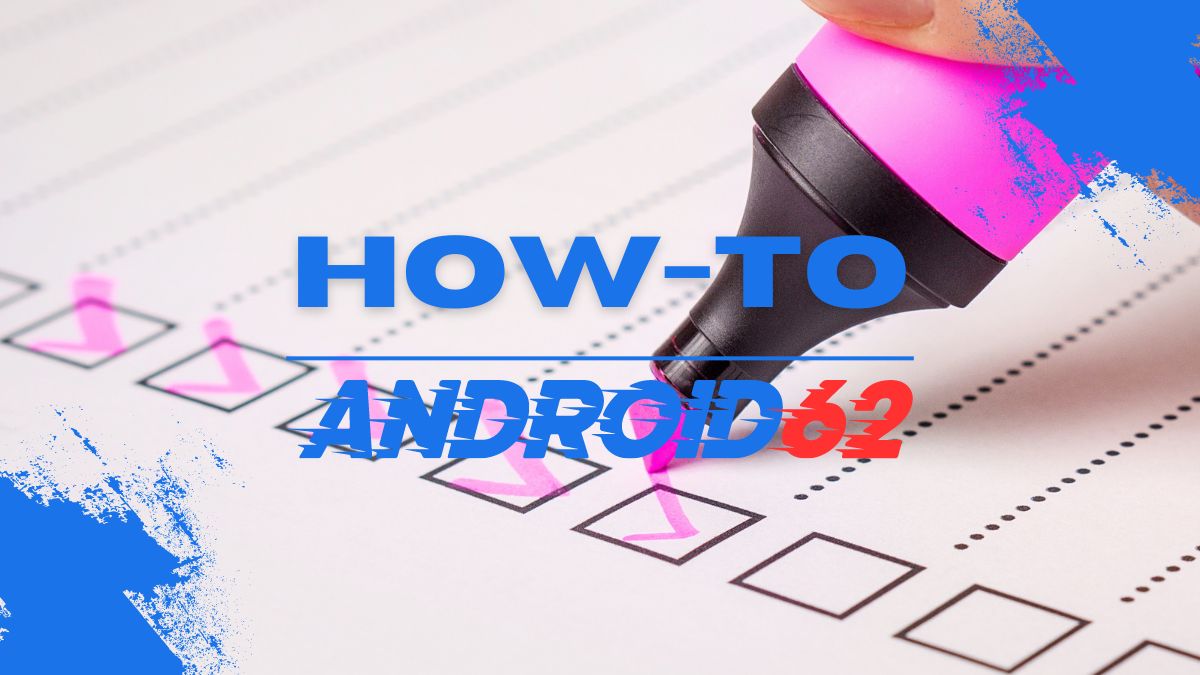
Using a Chromebook at school can be great for learning and productivity, but sometimes the restrictions placed on internet access can be frustrating. Many schools block certain websites to prevent distractions and ensure a safe browsing experience for students. However, there may be times when you need to access a particular website for educational or research purposes. In this article, we will discuss some effective methods to unblock websites on a school Chromebook.
1. Use a VPN
Virtual Private Network (VPN) services are one of the most popular and effective ways to bypass website restrictions on a school Chromebook. A VPN allows you to create a secure and encrypted connection to another network over the internet, thus masking your IP address and location.
- First, you need to choose a reliable VPN service provider. There are both free and paid options available, with paid services generally offering better security and speed.
- Download and install the VPN app on your Chromebook from the Chrome Web Store.
- Open the VPN app, log in with your credentials, and connect to a server location of your choice.
- Once connected, your internet traffic will be encrypted and routed through the VPN server, allowing you to access blocked websites on your school Chromebook.
2. Use a Proxy Website
Proxy websites act as intermediaries between your device and the internet, allowing you to access blocked content anonymously. These sites work by fetching the requested webpage and displaying it to you without revealing your IP address.
- Search for a reliable proxy website that is not blocked by your school’s network filters.
- Enter the URL of the website you want to unblock in the proxy website’s search bar and hit enter.
- The proxy website will fetch the requested webpage and display it to you, bypassing the school’s restrictions.
3. Use a Web Proxy Extension
Web proxy extensions are another way to access blocked websites on your school Chromebook. These extensions work similarly to proxy websites but are more convenient as they integrate directly into your web browser.
- Search for a web proxy extension on the Chrome Web Store.
- Click on “Add to Chrome” and follow the on-screen instructions to install the extension.
- Once installed, click on the extension icon in your browser toolbar and enter the URL of the website you want to unblock.
- The extension will fetch the webpage through a proxy server, allowing you to access blocked content on your school Chromebook.
4. Use a Different DNS Server
DNS (Domain Name System) servers help translate domain names into IP addresses so that your browser can load websites. By using a different DNS server, you can bypass the restrictions imposed by your school’s default DNS server.
- Go to the network settings on your Chromebook by clicking on the Wi-Fi icon in the taskbar and selecting “Network.”
- Click on the network you are connected to and select “Edit” or “Network preferences.”
- Scroll down to the DNS section and change the DNS server to a public DNS provider like Google DNS (8.8.8.8 and 8.8.4.4) or OpenDNS (208.67.222.222 and 208.67.220.220).
- Save your changes and restart your Chromebook. You should now be able to access blocked websites using the new DNS server.
5. Use a Tor Browser
The Tor Browser is a free and open-source web browser that allows you to browse the internet anonymously and access blocked websites. Tor directs your internet traffic through a network of volunteer-operated servers to conceal your location and usage from anyone conducting network surveillance or traffic analysis.
- Download the Tor Browser for Chrome from the official website.
- Install the browser on your Chromebook and launch it.
- Connect to the Tor network by following the on-screen instructions.
- Once connected, you can access blocked websites on your school Chromebook without revealing your identity.
6. Contact Your School’s IT Department
If you have a legitimate reason for accessing a blocked website, such as for educational or research purposes, you can reach out to your school’s IT department for assistance. Explain your situation and request them to unblock the website for you.
Keep in mind that some schools have strict internet usage policies in place, so it’s important to comply with their guidelines and only request website unblocking when necessary.
Conclusion
Being able to unblock websites on a school Chromebook can be helpful for academic purposes or accessing important information. By using methods like VPNs, proxy websites, web proxy extensions, changing DNS servers, using the Tor Browser, or seeking assistance from your school’s IT department, you can bypass website restrictions and access blocked content securely and responsibly.
Remember to use these methods responsibly and respect your school’s internet policies to ensure a safe and productive browsing experience on your Chromebook.




